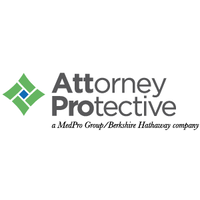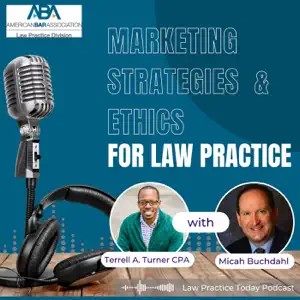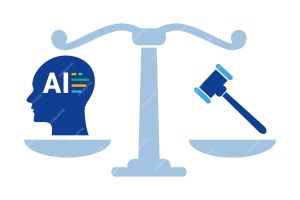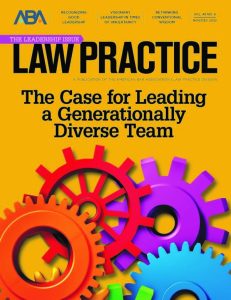In a digital landscape where attention is currency, law firms are beginning to ask a provocative question: Can influencers drive legal business? My latest marketing column, in the September/October 2025 issue of ABA Law Practice, addresses The Rise of the Influencer in Legal Marketing.
Gone are the days when law firm marketing revolved solely around SEO, pay-per-click campaigns, and carefully crafted blog content. Today, the spotlight is shifting toward social media influencers—individuals with massive followings and the power to shape consumer behavior. As I note, influencer marketing is no longer a novelty; it’s a $10 billion industry projected to keep growing. And while it’s long been a staple in retail and entertainment, its potential in legal services is just beginning to surface.
Shortly after moderating an ABA CLE on the subject of influencers, and having already submitted this column to the magazine editors, I read an interesting article in the Wall Street Journal, These Restaurants, Salons and Workouts Are Free for Hot People—if They Post About Them, that focused on the influencer-targeted social media app, Neon Coat, founded by a model as a way to book entire days of meals and experiences for free, by tying brands and businesses. Unfortunately, I don’t appear to qualify as “hot,” and must grab hard-to-book tables on Open Table by being first when a reservation window opens, but wondering if you could offer up legal services, is an interesting notion. It was highlighted by Jones Walker attorney Kaytie Pickett in a blog post on the firm website.
 It was once again my privilege to serve as editor for the Ethics edition (December 2025) of the American Bar Association’s Law Practice Today webzine. I’ve had the honor of shepherding the Ethics-themed issue for many years—drawing on my work with ABA Law Practice’s Ethics & Professionalism Committee and my long-standing role on the webzine’s editorial board.
It was once again my privilege to serve as editor for the Ethics edition (December 2025) of the American Bar Association’s Law Practice Today webzine. I’ve had the honor of shepherding the Ethics-themed issue for many years—drawing on my work with ABA Law Practice’s Ethics & Professionalism Committee and my long-standing role on the webzine’s editorial board. Marketing Attorney Blog
Marketing Attorney Blog



 On June 11, 2025, I will be speaking again for the
On June 11, 2025, I will be speaking again for the  In the January 20, 2025, episode of the American Bar Association’s Law Practice Podcast, host Terrell Turner discusses the complexities of legal marketing with me in this 30-minute discussion available on americanbar.org as well as in your favorite podcast library, including Spotify and Apple.
In the January 20, 2025, episode of the American Bar Association’s Law Practice Podcast, host Terrell Turner discusses the complexities of legal marketing with me in this 30-minute discussion available on americanbar.org as well as in your favorite podcast library, including Spotify and Apple. In once again serving as the issue editor for the
In once again serving as the issue editor for the  A few months ago, I was asked to provide the ethics attorney perspective for a
A few months ago, I was asked to provide the ethics attorney perspective for a 

